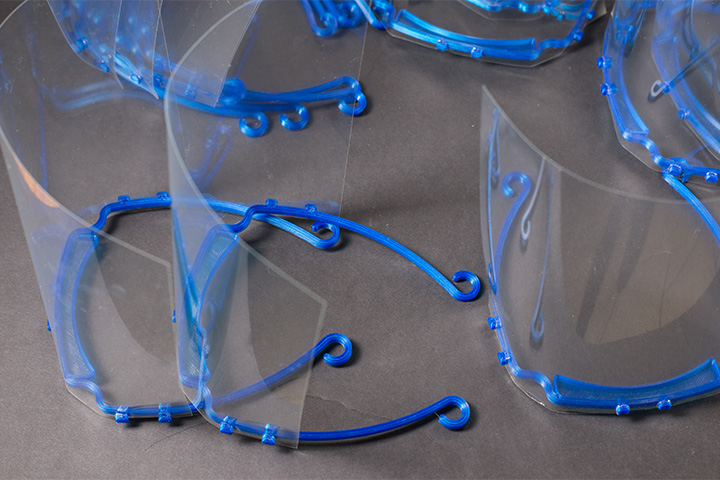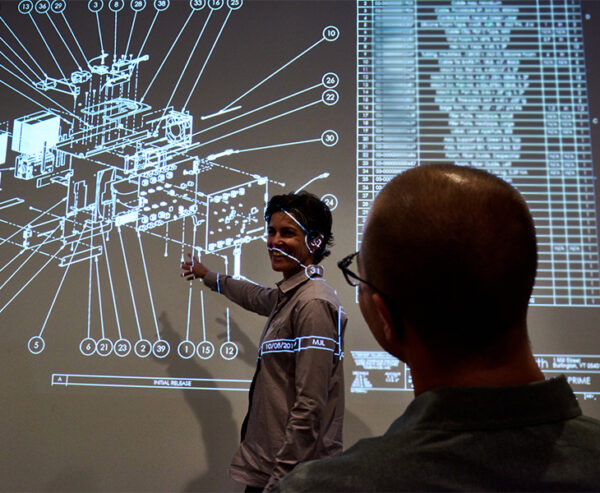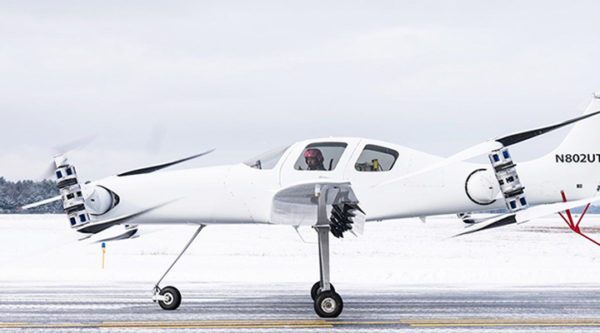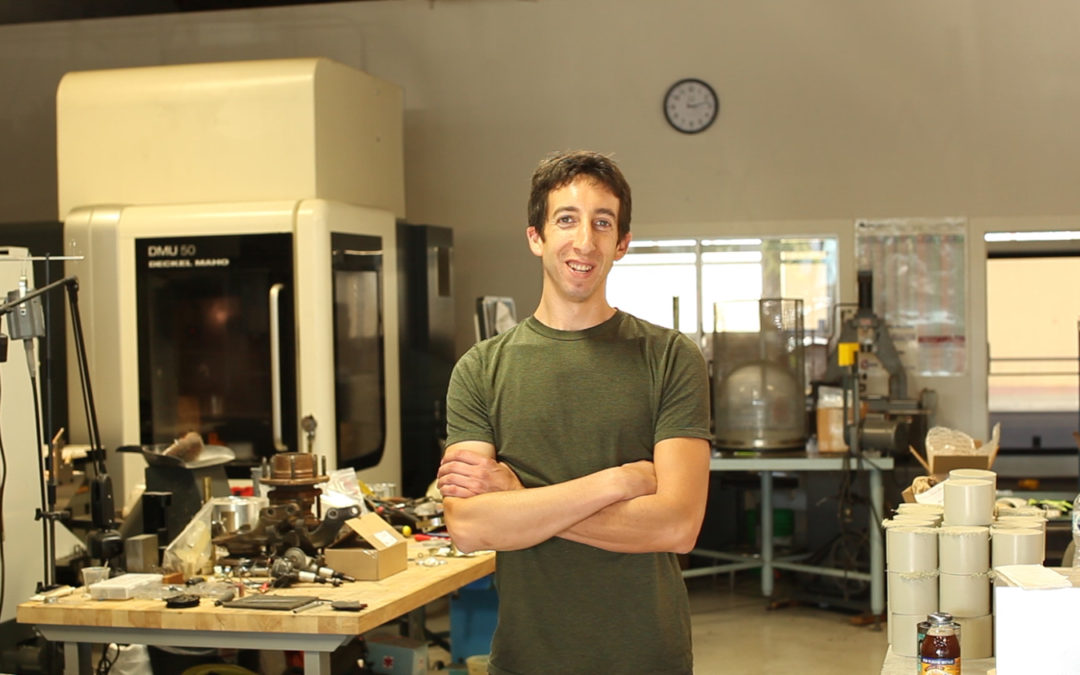Revision Military of Essex, which manufactures protective eyewear for the military, made the switch to producing face shields. Mack Molding, a plastics manufacturer in southern Vermont, looked for an alternative to traditional masks that could be repurposed, and settled on a snorkeling mask produced by subsidiary Synectic. These new masks were supplied to Southern Vermont Medical Center. Long-time wood products manufacturer J.K. Adams of Dorset has added plastic to the list of wood varieties it cuts and shapes. By retooling some of its machinery, the company now has the capacity to produce 50,000 face shields weekly, which they send to other manufacturers to assemble into masks.
Makerspaces are also taking the innovation approach, producing hundreds of masks for local health care providers. Rutland’s The Mint created a mask using plastic a local business had in storage; they plan to manufacture 10,000 for Rutland Regional Medical Center. Faculty at Mississquoi Valley Union High School in Swanton are also building masks using the tech center’s 3D printers. Burlington’s Generator has teamed up with UVM doctors and faculty to design and produce thousands of masks. Nearby St. Michael’s College is aiding that effort by providing enough volunteers to increase the number of machines producing masks.
Individual Vermonters are making a big difference too. Vermont State Trooper Bob Zink has created hundreds of face masks and ear savers using his own 3D printer. Trooper Zink, who is based at the Rutland barracks, has provided PPE to healthcare providers across the border in New York and Massachusetts, as well as in the Bennington area.
The volunteer effort in Vermont to protect public health spans entire communities. Individual sewers are joined by national companies, makers, and hobbyists all in the communal effort to save lives.




